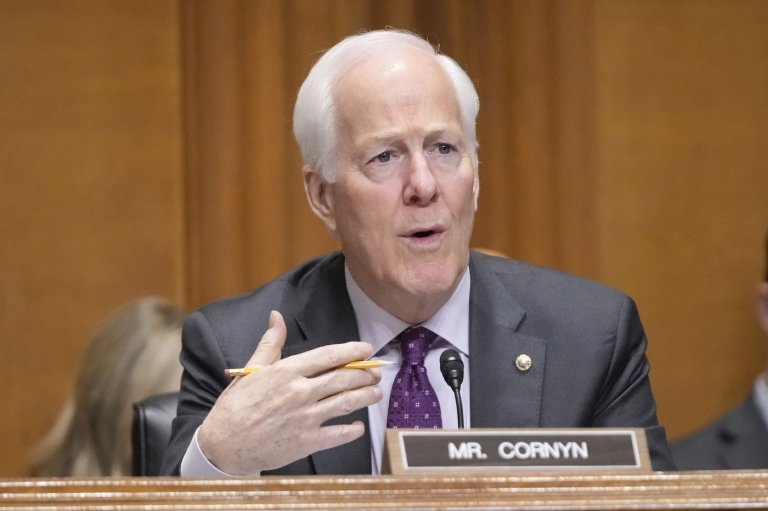Ethics dilemma: How much should patients be told if medical tests turn up something unrelated?
WASHINGTON – It’s a growing side effect of modern medicine: A test for one condition turns up something completely unrelated that could be a threat — or could be a false alarm.
These so-called incidental findings tell people more than they bargained for, things they might not need or want to know.
A presidential advisory council says it’s time to be more up-front about that risk with patients before their next X-ray or gene test turns up a disturbing surprise.
It may seem obvious that you’ll be told if your doctor orders X-rays for a broken rib and signs of cancer show up.
But Thursday’s report says that not every medical condition that can be found, should be — and there’s conflicting advice about how to disclose and manage incidental findings.
Join the Conversation!
Want to share your thoughts, add context, or connect with others in your community? Create a free account to comment on stories, ask questions, and join meaningful discussions on our new site.












Leave a Reply
You must be logged in to post a comment.